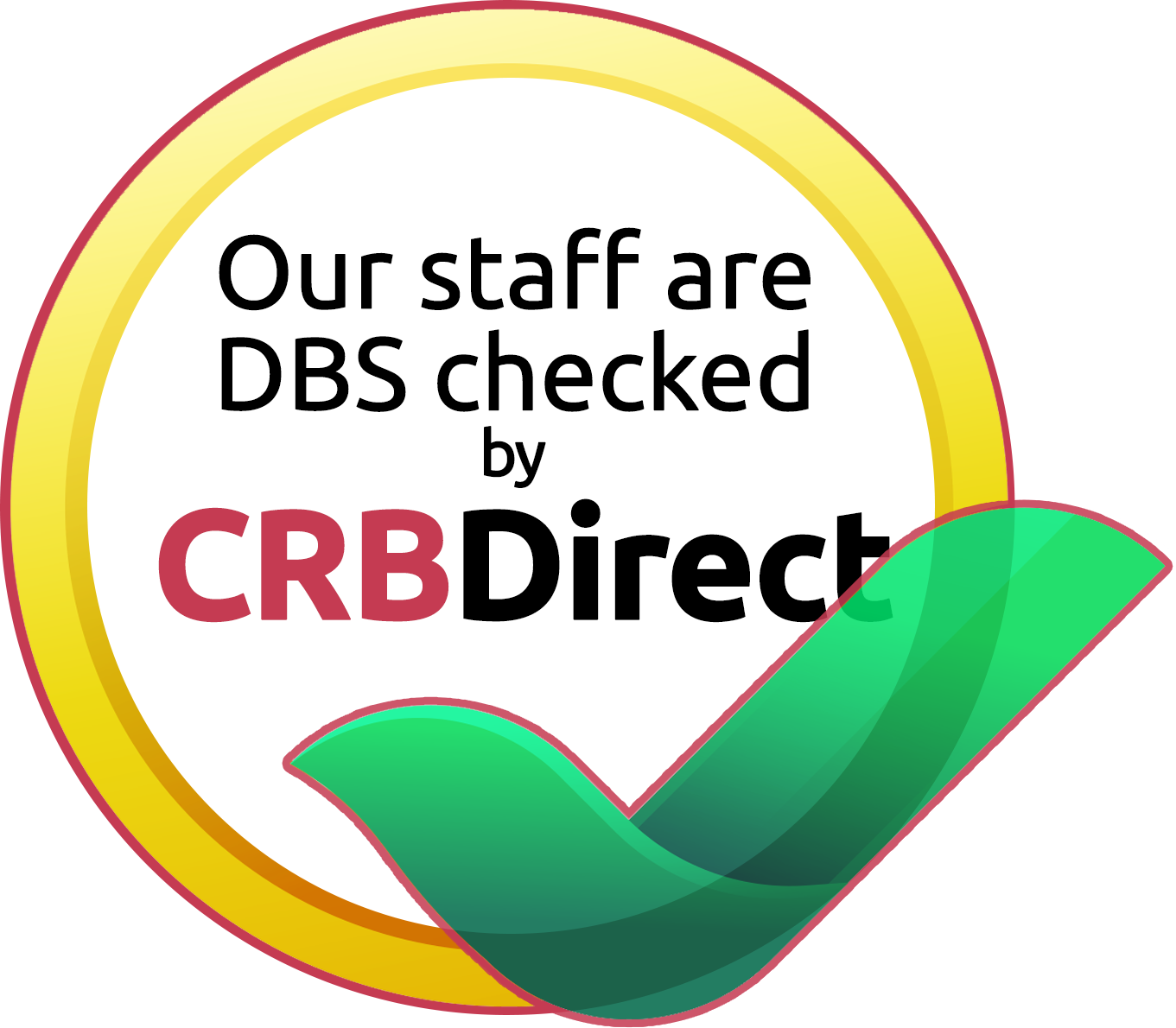The number of people applying for a DBS check every year is rising. Employers and voluntary organisations run hundreds of thousands of checks every year. The sheer volume of applications can cause the system in some parts of the country to grind to a halt. The DBS Update system tries to take some of the pressure off processing times. There are some limitations though, and cost implications to signing up for the service.
How DBS Upate Works
DBS update is an online service, and you can only sign up if you’ve already applied for a check through the Disclosure and Barring Service. In basic terms, you get a login ID and password which allows you access to your DBS records online. You can then choose to share access with a new employer. That means the employer can immediately look at your records online, without needing to go through the whole DBS application process from the start. Also, the system automatically updates with any new information which the police add to your record, meaning that it’s always current. If for example you’re offered a new job pending DBS checks, all the employer has to do is log in to immediately see a current certificate. This contrasts with an average processing time of around three weeks, possibly far more in some areas of the country.
There is an additional subscription fee to be part of the Update service. This fee is less than applying for a fresh disclosure check though and is well worth it if you’re likely to change job, or take on an additional job. All you have to do to subscribe to the service is to tick the right box on the form when you first apply for a check.

Limitations of the DBS Update service
There are definitely benefits to signing yourself up for the DBS update service, but it’s not the answer to every problem with the system. The main problem is that it’s only valid on the same level of checking. If, for example, you work as a nurse and have an enhanced disclosure, you can use the update service to give access for a voluntary role as a sports coach or Brownie leader. That’s because all of those roles fall into the same category of requiring enhanced disclosure. If however you have a standard disclosure in your role as a solicitor and then want to volunteer with your local Cub pack, access to your standard disclosure records won’t be sufficient. You’ll have to go through the process of applying for an enhanced disclosure from the start.
It doesn’t work the other way round either. If you have an enhanced disclosure as a sports coach you can’t use the update service when applying for a job in a court of law. The service is probably of most use to people who require an enhanced DBS check to work as a carer, nurse, teacher or nanny, and who move around employers on a regular basis. You also have to remember to pay the annual fee to remain a member of the service.
